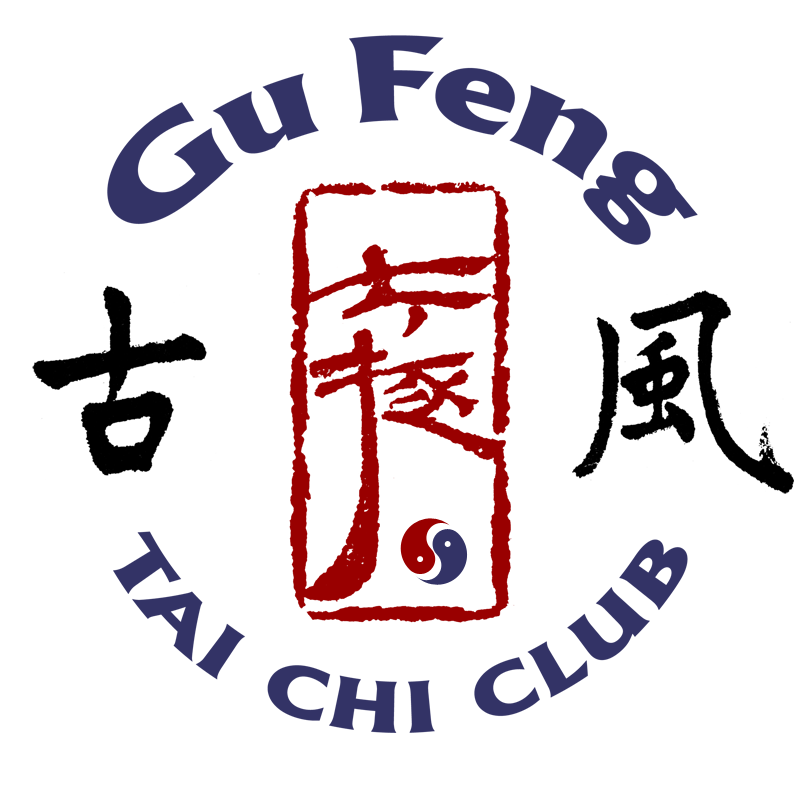THE FINGERS AND THE MOON
Story of Hui-Neng, based on the Book of Hui-Neng (六祖坛经Liu Zu Tan Jing) retold by Laura Ting
Author’s note:
The Chinese Buddhist school of ChanZong (禅宗,Zen) recognizes 6 generations of spiritual leaders, known as the Patriarchs. The lineage is established by the passing of “Yi-Bo” (a robe and a bowl).
The 5th Patriarch Hong-Ren(弘忍)knew his passing day was coming and began to search for his successor. All expectations are on Shen-Xiu(神秀), the top disciple in the temple. Shen-Xiu was very up to it but unsure if his understanding would meet the approval of the Patriarch. With significant anxiety, he wrote a small poem to show his deep understanding of Buddhism:
身是菩提树 My body is like a Bodhi Tree
心如明镜台 My mind is like a bright mirror platform
时时勤拂拭 I wipe it often
不叫惹尘埃 Never let it be dusty
The poem was posted on the wall in the temple. All were impressed and thought he was the one.
There was this low rank monk in the temple, who worked as the stove-fire keeper, named Hui-Neng(慧能). He was the only one who disapproved Shen-Xiu’s high-brow poem. He was illiterate so he asked someone to post his poem:
菩提本无树 Bodhi there is no such tree
明镜亦非台 Bright mirror is also not a platform
本来无一物 If nothing is there
何处惹尘埃 Where could the dust land?
The 5th Patriarch knew at that moment Hui-Neng’s understanding of Buddhism was much more profound than Shen-Xiu. He called him in at the midnight, passed his “Yi-Bo” (official robe and bowl, symbolizing the lineage) to him, and asked him to leave immediately to somewhere else, because he knew that once himself pass away, the monks in the temple would not accept him as a leader.

Hui-Neng left. He eventually established his own temple in Southern China and became known as the 6th generation Patriarch of Chinese Zen Buddhist School (Chan Zong Liu Zu). During the teaching years, a student questioned his qualification: “You are illiterate and can’t even read the Sutras (佛经Buddhist Classics). How can you even understand and teach Buddhism?” Hui-Neng said, “the Buddhism is like the Moon. The Sutrasare like the fingers pointing at the Moon. The Moon is there with or without the fingers.” The student was deeply awed by his enlightenment. The expression has a profound and lasting influence on generations of Chinese scholars, philosophers, and all who seek enlightenment.
